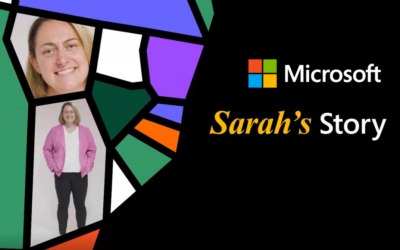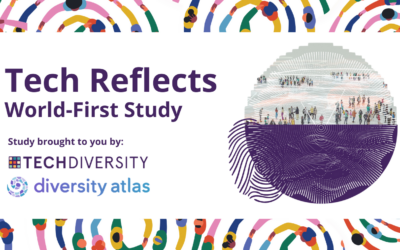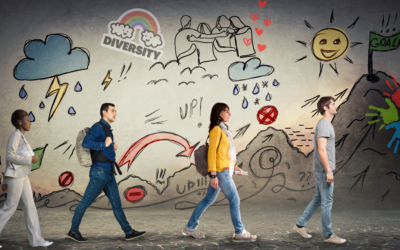Insights from Bronwyn Cook
Marketing Consultant
TechDiversity Foundation
May and October are notoriously busy months for business events in Australia, and this October was no different!
In my role as a consulting marketer to TechDiversity, I was invited to attend three recent events that TechDiversity and their partners were involved with: CultureCon, Neurodivergent Advantage and Forbes Australia Business Summit.
CultureCon
At CultureCon, I got to see the incredible insights tool, Diversity Atlas (from TechDiversity partner Cultural Infusion) brought to life, as delegates were invited to complete a short profiling survey to explore the cultural and background diversity of attendees. One of TechDiversity’s key missions is to ensure that true DE+I programs go beyond the box ticking of gender equality and inclusion, but include the full tapestry of our cultural makeup. Smart leaders know you can’t make organisational change without data and insights. Diversity Atlas is the world’s first diversity data-analytics tool that provides any organisation with a secure and easy way to measure, report, recognise and act on its unique diverse workforce.
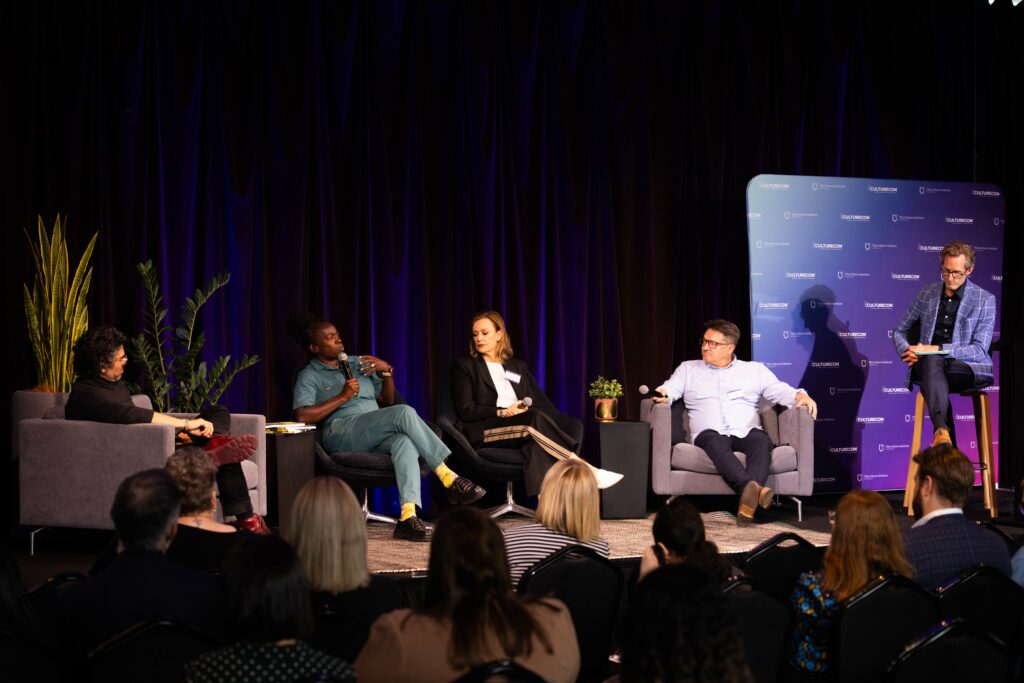
Future-Proofing the Workplace Panel
The Diversity Atlas team mapped the results of the CultureCon responses in less than an hour and presented the results live. My most insightful takeaway? Almost one in twenty in the room identified as living with a long-term mental health condition. October in Australia is Mental Health Awareness Month, so I couldn’t help but be reminded that DE+I also needs to include programs that support how to manage mental health at work.
TechDiversity Executive Director Luli Adeyemo also spoke on a panel at CultureCon that examined how to future-proof the workplace in this ever-evolving professional landscape to ensure resilience, adaptability and inclusivity.
On the topic of ‘how do you consider diversity and inclusion in workplace design’, Luli commented that it is not only about a feeling of belonging but also appropriate representation in the voice of an organisation when creating environments where people can thrive. Without leaning into potential DE+I fatigue, inclusivity and equity needs to be viewed with a strategic business outcome and impact lens, not a “feel good activity”.
Unconscious Bias
Luli also spoke about unconscious bias and how if you only have a small representation of society involved in the design of technology, who is it being designed for? And again, when you look at overcoming bias from a business perspective – you want to have the best representation of the people you are looking to sell to, or service, in your organisation. This not only creates positive ripple effects through the entire organisation but drives more equitable and fair business outcomes.
The Neurodivergent Advantage
Neurodivergent Advantage, hosted by TechDiversity in partnership with the Australian Computer Society in their stunning Barangaroo office, brought together some incredible – and of course diverse – voices to discuss the benefits of hiring a neurodiverse workforce and how to cultivate the untapped potential of neurodivergent individuals.
During this event we heard perspectives on this topic from
- Dr Alexandra Johnston, Research and Teaching Academic at the University of Melbourne;
- Vicky Little, National Manager, Quality and Practice at Specialisterne Australia;
- Ruth Bonser, Chair of Employee Advocacy Group at Westpac for disabilities, neurodiversity, carers and mental health at Westpac;
- Mike A. Dudarenok, Chief Information and Digital Officer at NSW Education Standards Authority and
- Helen Warner, Head Of Partnerships at ACS (Australian Computer Society) with Luli hosting and MC’ing the event.
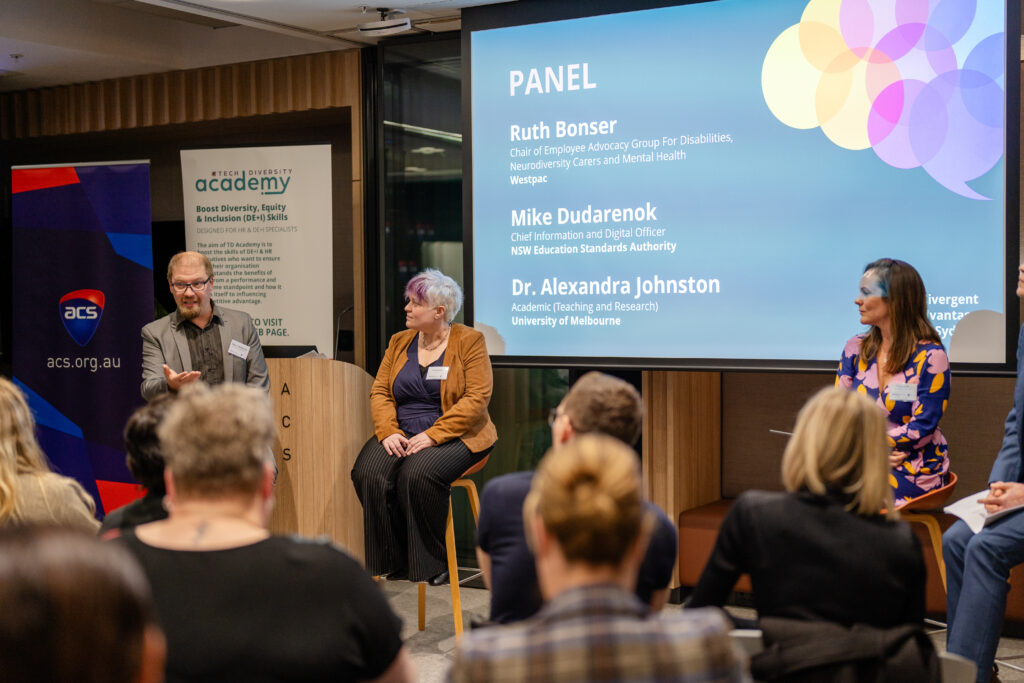
Pictured: Mike Dudarenok, Ruth Bonser, Vicky Little
In one hour, so many insightful and informative discussions where had, I could write another 10,000 words, but these were some absolute highlights:
- Neurodiverse people are exactly that – diverse – and strong leaders embrace this diversity to leverage everyone’s strengths and weaknesses.
- In Australia, whilst approximately 20% of the population identifies as neurodivergent, the unemployment rate among neurodiverse individuals is 34%. We have a huge opportunity here to embrace the talents neurodiverse team members can bring.
- HR processes – from job advertisements to the interview and onboarding process – cannot be a one size fits all. Forward-thinking organisations create alternate pathways such as providing candidates with interview questions in advance or on-the-job interviews to ensure that neurodiverse individuals have the opportunity to show their potential in ways that may not fit a traditional recruitment process.
- HUGE shoutout to “user manuals”. I’ve been a big fan of these for many years now and I consider them a way of leveling the playing field and sharing information that helps my colleagues understand me better so we can all work together. Want to see my user manual? I spoke about it in this LinkedIn post.
To hear from previous Neurodivergent Advantage event speakers, head on over to TechDiversity’s YouTube channel.
Forbes Australia Business Summit
The final event I attended courtesy of TechDiversity, was Forbes Australia Business Summit, where titans of the Australian business community gathered to discuss a variety of topics from a look ahead for Australia’s economy, leadership, innovation and growth through panel and interview discussions.
It took until the afternoon sessions for conversations to get a bit spicy and thought provoking, starting with a cracker of a venture capital panel – which sparked a heated discussion on looking beyond gender to other DEI categories as a mark of diversity in both VC funds and investments (yes!) – and leading into the panel that Luli spoke on, which was focused on Growth & Disruption.
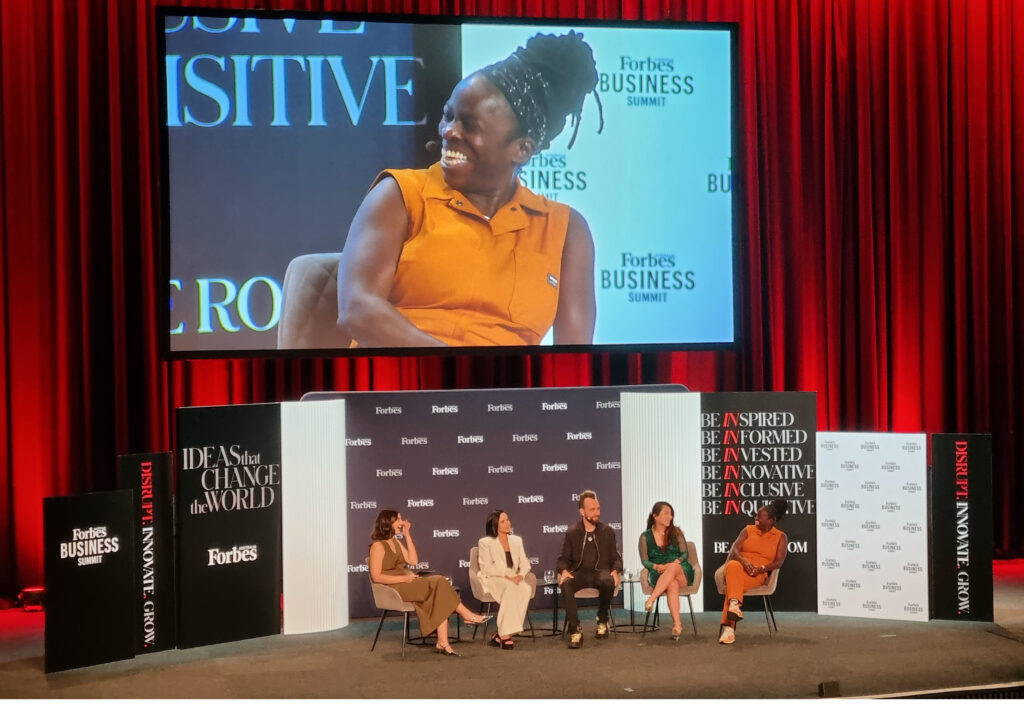
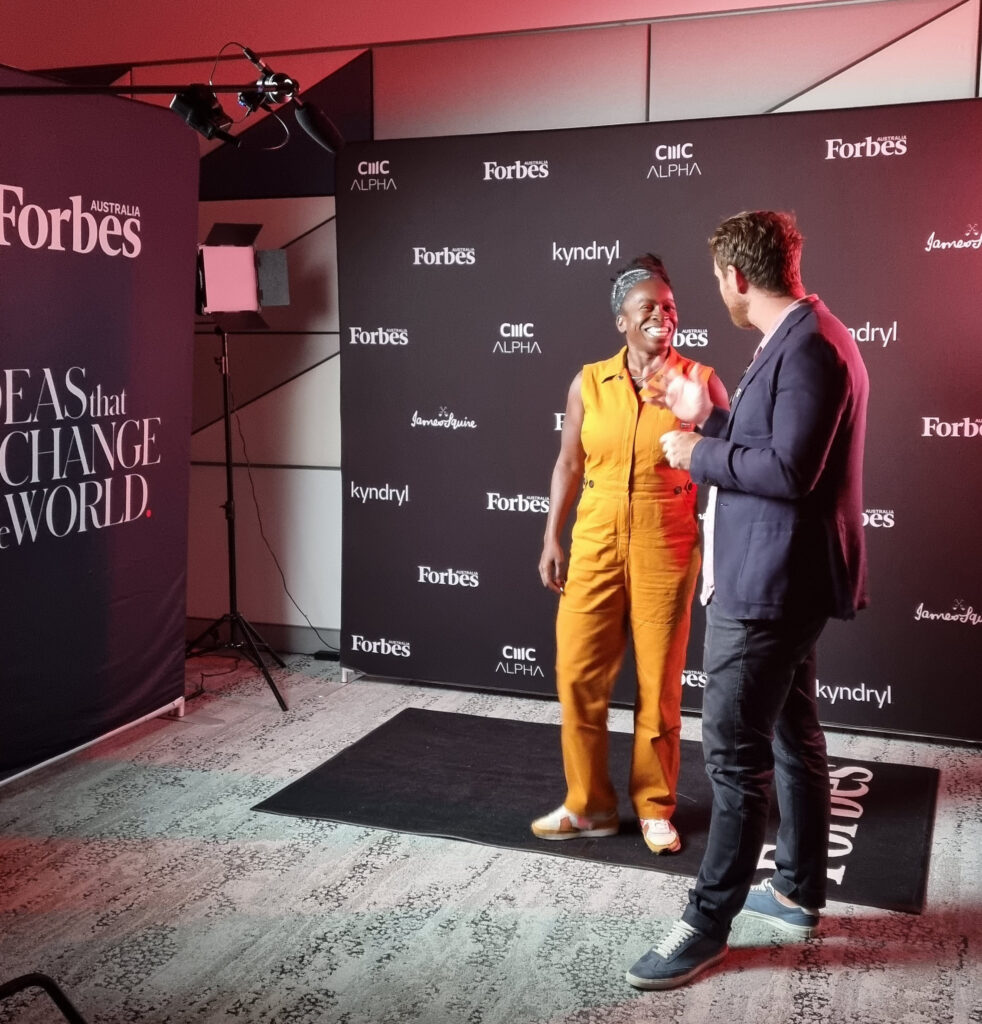
During this panel, Luli again spoke about ‘the how’ when growing and scaling a business, she mentioned you really have to think about the audience that you’re looking to sell to or attract or service and ensure you build a workforce that is representative of that.
She also mentioned that cultural and diversity representation isn’t just about gender. Luli is often heard saying “Whilst I identify as a woman, there are many other things more interesting about me than my gender”. And once we can understand that, embrace it, and change the narrative around diversity and its effect on business success, then growth is a natural by-product.
Hear from Luli herself on how to achieve sustainable growth for your business.
What did I take away from all three of these events?
Representation is key. An equitable workplace that accurately reflects the diversity of your customer landscape, that is represented through inclusion for all, will be a high-performing workplace!
Yours in diversity, equity and inclusion
Bronwyn Cook

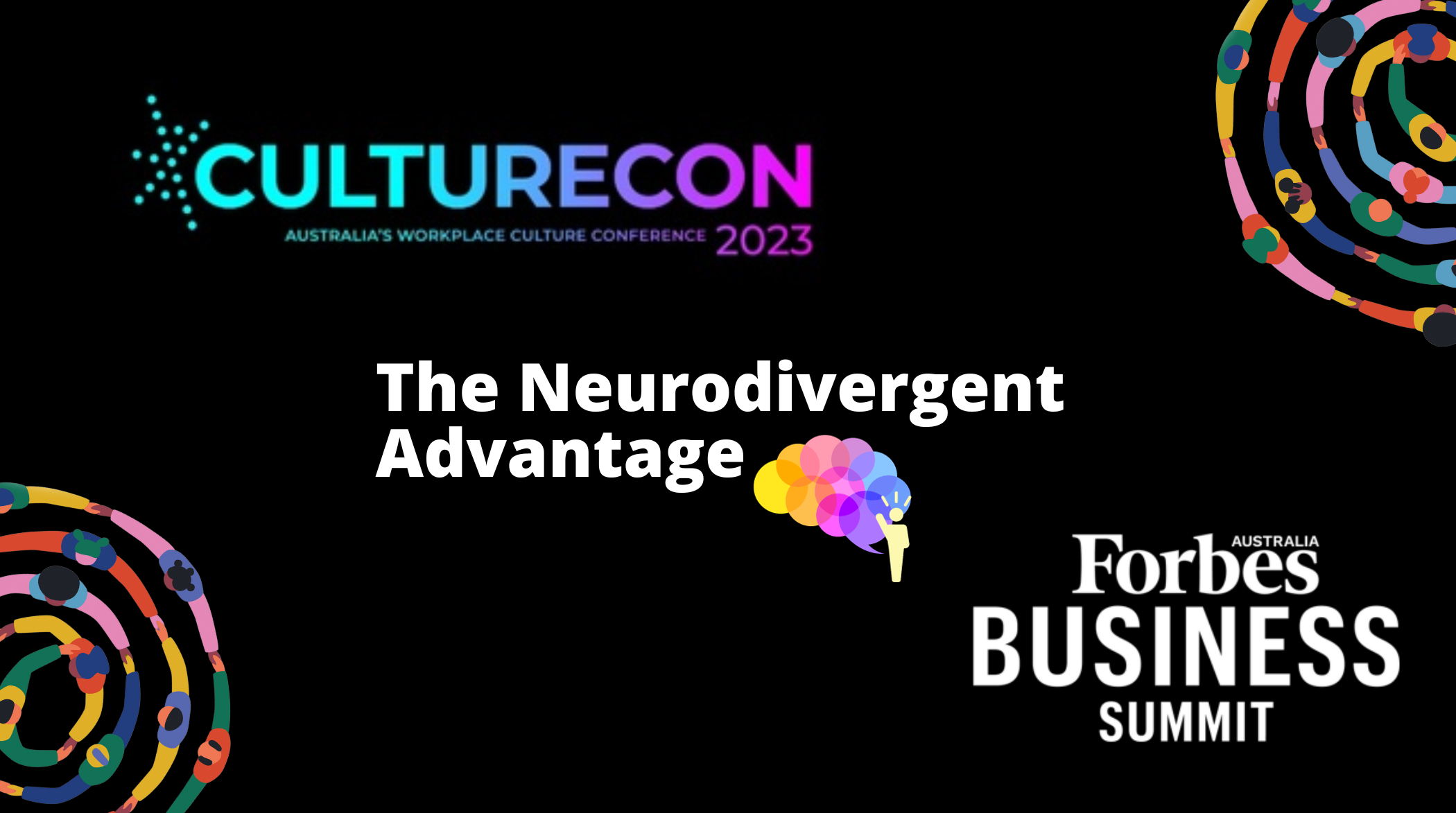
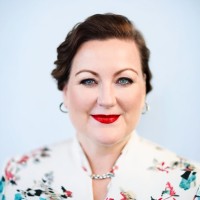 Insights from Bronwyn Cook
Insights from Bronwyn Cook